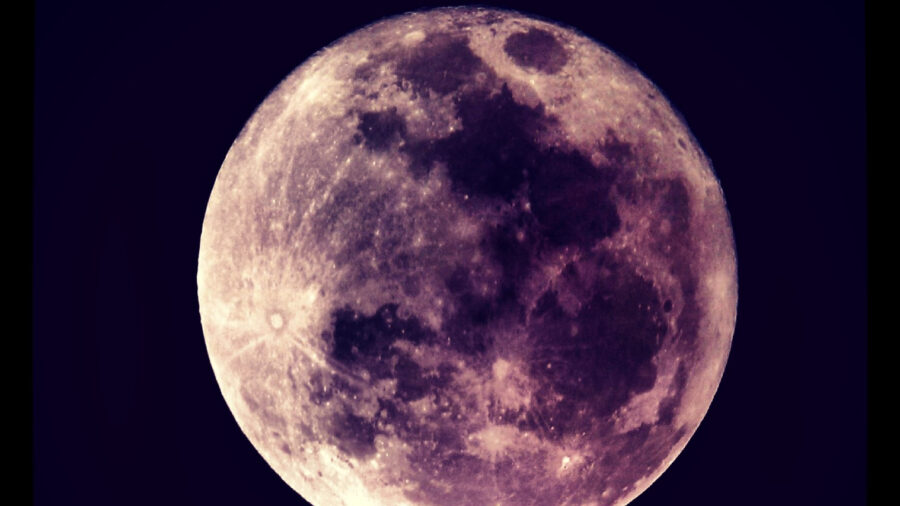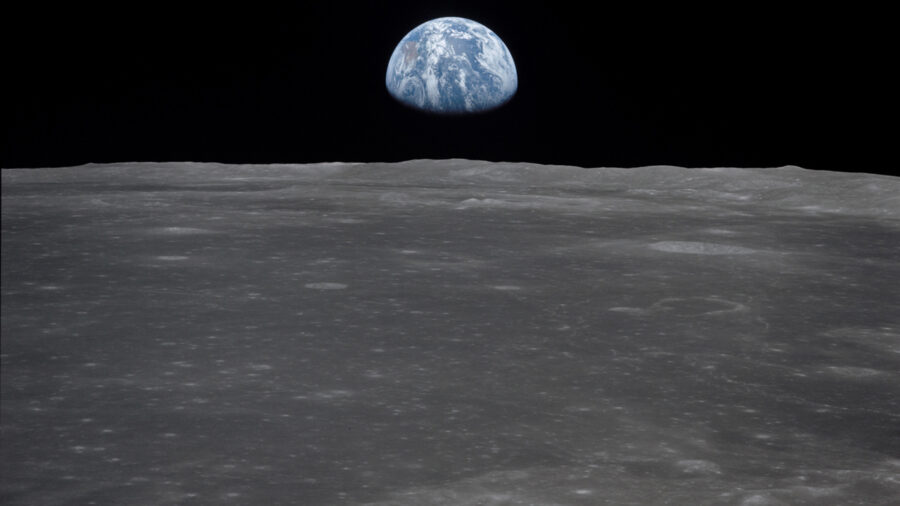Moon Landing Turns Into Disaster For Private Company
The private Japanese company Ispace attempted a moon landing but lost communication with the unmanned space shuttle.

A Japanese company attempting the first private moon landing has deemed the endeavor a failure. The startup, known as Ispace, called time on the project when mission control lost communication with its unmanned Hakuto-R moon lander. “We have not confirmed communication from the lander,” Ispace founder Takeshi Hakamada said via The Byte.
While he said that engineers would continue to investigate the failed moon landing, the four-month-long expedition came to a disappointing end. “We have to assume we could not complete the landing on the lunar surface,” Hakamada continued. But he ended his message with a positive note, saying the team will keep trying and will “never quit.”
The spacecraft was launched by a SpaceX Falcon 9 rocket in December 2022 and spent months traveling to the Moon. It eventually entered lunar orbit on April 12. The Mission 1 shuttle slowed its velocity during its descent while closing in on its moon landing. Located in Tokyo, Ispace watched on as several attempts at communication were made.
After the failed moon landing, Hakamada said the company had acquired extensive data from the spacecraft. This includes close-up video captures of the lunar surface, which will be examined for signs of what happened. The unfortunate development highlights the difficulty of space exploration. The United States, the former Soviet Union, and China are the only countries to have successfully completed the task.

Over the years, six human-crewed moon landing missions have been conducted by the United States National Aeronautics and Space Administration (NASA) during the Apollo program. The first successful trip took place on July 20, 1969, with astronauts Neil Armstrong and Edwin “Buzz” Aldrin landing on the lunar surface while Michael Collins orbited above.
Launched on November 14, 1969, Apollo 12 was commanded by Charles “Pete” Conrad and also included Alan Bean and Richard Gordon. Their moon landing saw them visit the Oceanus Procellarum region, where they conducted two moonwalks. This was followed by Apollo 14 on January 31, 1971, Apollo 15 on July 26, 1971, Apollo 16 on April 16, 1972, and Apollo 17 on December 7, 1972.
Other countries have conducted several unmanned moon landing missions. Russia (known as The Soviet Union at the time) was the first country to send an uncrewed spacecraft to the Moon with its Luna 1 probe in 1959. They also achieved the first soft landing with their Luna 9 probe in 1966. The country sent several other probes during the 1960s and early 1970s.
China’s space program has also been rapidly advancing in recent years. In 2013 they became the third country to achieve a soft moon landing with their Chang’e 3 spacecraft. They also sent the Chang’e 4 spacecraft to the Moon’s far side in 2019. India’s space program also has ambitions to land on the Moon.
In 2008, they sent their first lunar mission, Chandrayaan-1, which orbited the Moon and mapped its surface. In 2019, they attempted to land the spacecraft Vikram on the Moon, but the landing failed. That same year, Israel tried to become the fourth country to achieve a soft landing, but their efforts were also unsuccessful.











